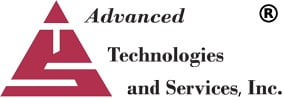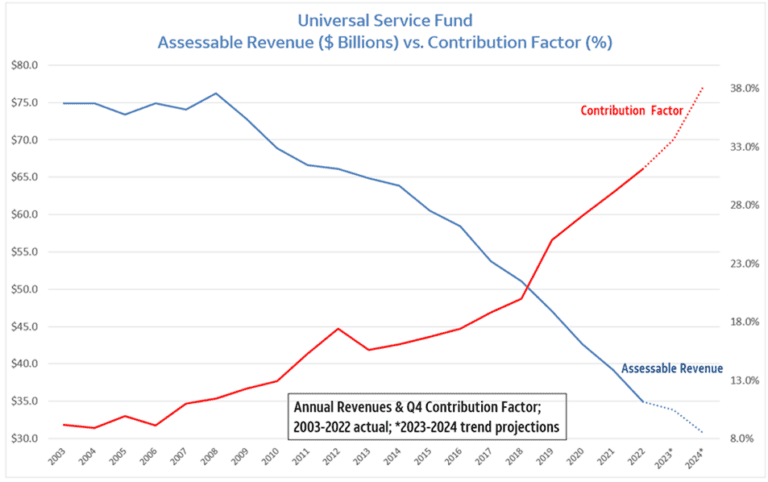Broadband nutrition labels are a game changer for consumers, empowering them to make informed choices based on clear information about advertised speeds versus real-world performance.
However, for ISPs, these labels represent a significant challenge. Meeting the FCC's data requirements for accurate data hinges on reliable testing methodologies.
It doesn't help that the FCC hasn't released a clear framework for speed testing similar to what they did for CAF Performance Testing, nor how they plan to keep ISP's accountable for the speed data they submit.
Without independent, objective performance testing, ISPs risk not only running afoul of regulations but also, more importantly, eroding consumer trust – a critical factor in the increasingly competitive broadband market.
This blog will dive into the data needed for these labels, and why we think third-party testing is the best solution.

-2.png)
-3.png)







